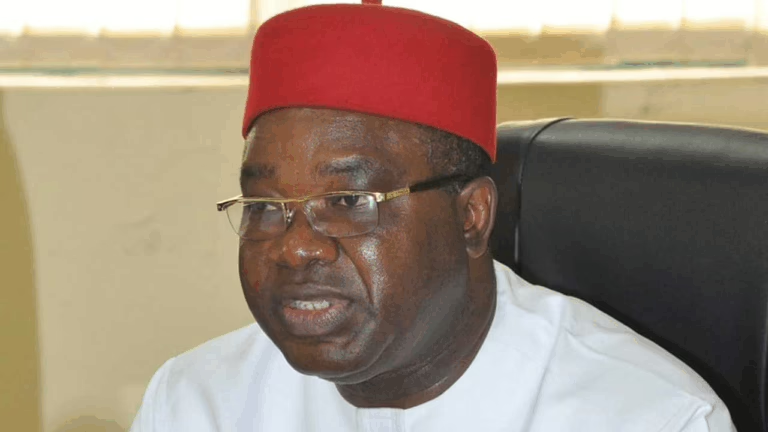The National Human Rights Commission (NHRC) has called on the federal government to swiftly ratify the Draft Policy on Protection of Civilians and Civilian Harm Mitigation.
During the ongoing Mid-term review meeting of the initiative titled “Protection of Forcibly Displaced Persons through Human Rights Information Data Collection and Documentation in Nigeria,” held in Keffi, Nasarawa State, the Commission’s Executive Secretary, Dr. Tony Ojukwu, emphasized that this policy is designed to safeguard civilians from harm during security operations. It establishes a comprehensive framework aimed at preventing, reducing, and addressing injuries or damages inflicted on civilians.
Supported by the United Nations High Commissioner for Refugees (UNHCR), the project focuses on monitoring the human rights conditions and protection needs of forcibly displaced persons (FDPs) across Nigeria. This includes internally displaced persons (IDPs), refugees, asylum seekers, and those returning to their communities.
Dr. Ojukwu highlighted the project’s significant progress, noting that it has successfully managed over 3,000 human rights cases and provided training to 80 security personnel to uphold the rights and dignity of FDPs.
Representing Dr. Ojukwu, Dr. Benedict Agu, the project Coordinator and Head of the Commission’s Monitoring Department, underscored the importance of sustained support to build on these achievements.
The initiative is active in 11 states, with Community Protection Action Group members and Human Rights Monitors operating within 33 Local Government Areas (LGAs) to ensure grassroots engagement and oversight.
Stakeholders convened recently in Keffi for the mid-term review to address operational challenges encountered in the field and to strategize on effective mitigation measures.
The Executive Secretary stressed that formal adoption of the Draft Policy on Protection of Civilians and Civilian Harm Mitigation would greatly improve civilian safety in conflict zones. He added that the policy’s implementation would bolster efforts to combat human rights abuses, harmonize national practices with regional and international human rights and humanitarian standards, and provide a structured approach to preventing and responding to civilian harm.
Attendees welcomed the platform to share their experiences, discuss obstacles, and propose actionable solutions to enhance the protection of vulnerable populations.

















